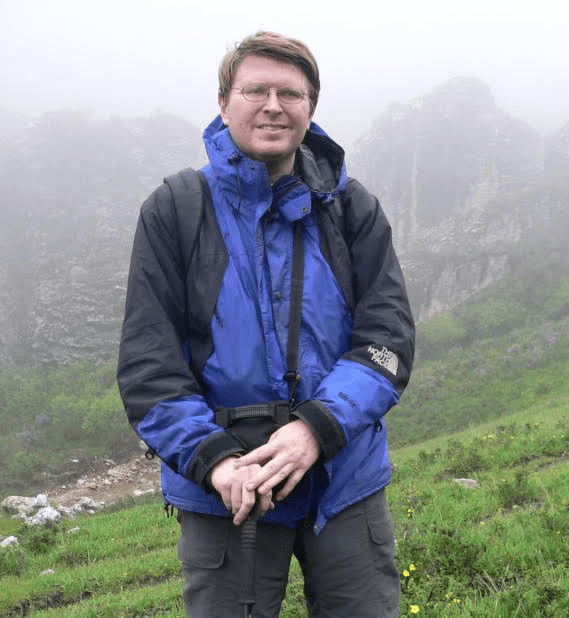Classical Chinese poetry is one of the world’s oldest and most remarkable poetic traditions. It’s earliest representatives date back to the 11th century BCE and it continues to be composed by contemporary Chinese poets. Widely recognized for its beauty and profundity, it is a source of inspiration for countless people in East Asia and beyond.
For over 3000 years, poetry was the most valued form of writing in China and was used for a multitude of purposes beyond providing aesthetic pleasure, including political argument, philosophical exposition, religious revelation, humor, pedagogy and evaluation, medical instruction, and many others. An understanding of poetry is therefore an essential part of studying Classical Chinese. Although this course focuses on the most famous poems produced from the earliest times through the Yuan Dynasty (1271-1368), we will also look at examples of many of these less-studied uses of Classical Chinese poetry.
For practitioners of East Asian medicine (EAM), studying Classical Chinese poetry deepens your understanding of the culture that produced EAM and opens the door to reading the many important medical texts written in verse—such as Li Shizhen’s 李時珍 Lakeside Master’s Study of the Pulse (Binhu maixue 瀕湖脈學), Xu Shuwei’s 許叔微 One Hundred Patterns of Cold Damage (Shanghan baizheng ge 傷寒百證歌), and the Golden Mirror of the Medical Tradition (Yizong jinjian 醫宗金鑒)—as well as providing a great deal of personal enjoyment.
Class meets Tuesdays from 1 – 2:30pm EST
September 13 – December 20
After completing this course, you will be able to:
- Read and appreciate Classical Chinese poetry,
- Recognize and understand its key poetic techniques,
- Describe its major forms and their history,
- Discuss its most common topics and themes,
- Identify a number of the most famous Classical Chinese poets,
- Deepen your grasp of Classical Chinese grammar,
- Expand your Classical Chinese vocabulary,
- And translate Classical Chinese poems into appropriate forms of English poetry
This course will be taught using a combination of readings, recorded video lectures, and live Zoom meetings. You should expect to put in 3-5 hours of work per week for the 14 weeks the course lasts.
This is an intermediate-level course, and I will assume everyone taking it has a basic level of proficiency in Classical Chinese. Before signing up for this course you should have complete the course “Introduction to Classical Chinese” or have acquired a similar level of familiarity with Classical Chinese in some other way.
If you have any questions, feel free to contact me at stephenboyanton@yahoo.com.
床前明月光,疑是地上霜。
舉頭望明月,低頭思故鄉。
Here before my bed, the bright moonlight
appears to me as frost upon the ground.
I raise my head and gaze upon the moon.
I bow my head and long for my hometown.
— “Quiet-Night Longing (Jingye si 靜夜思)” by Li Bai 李白 (701-762)


